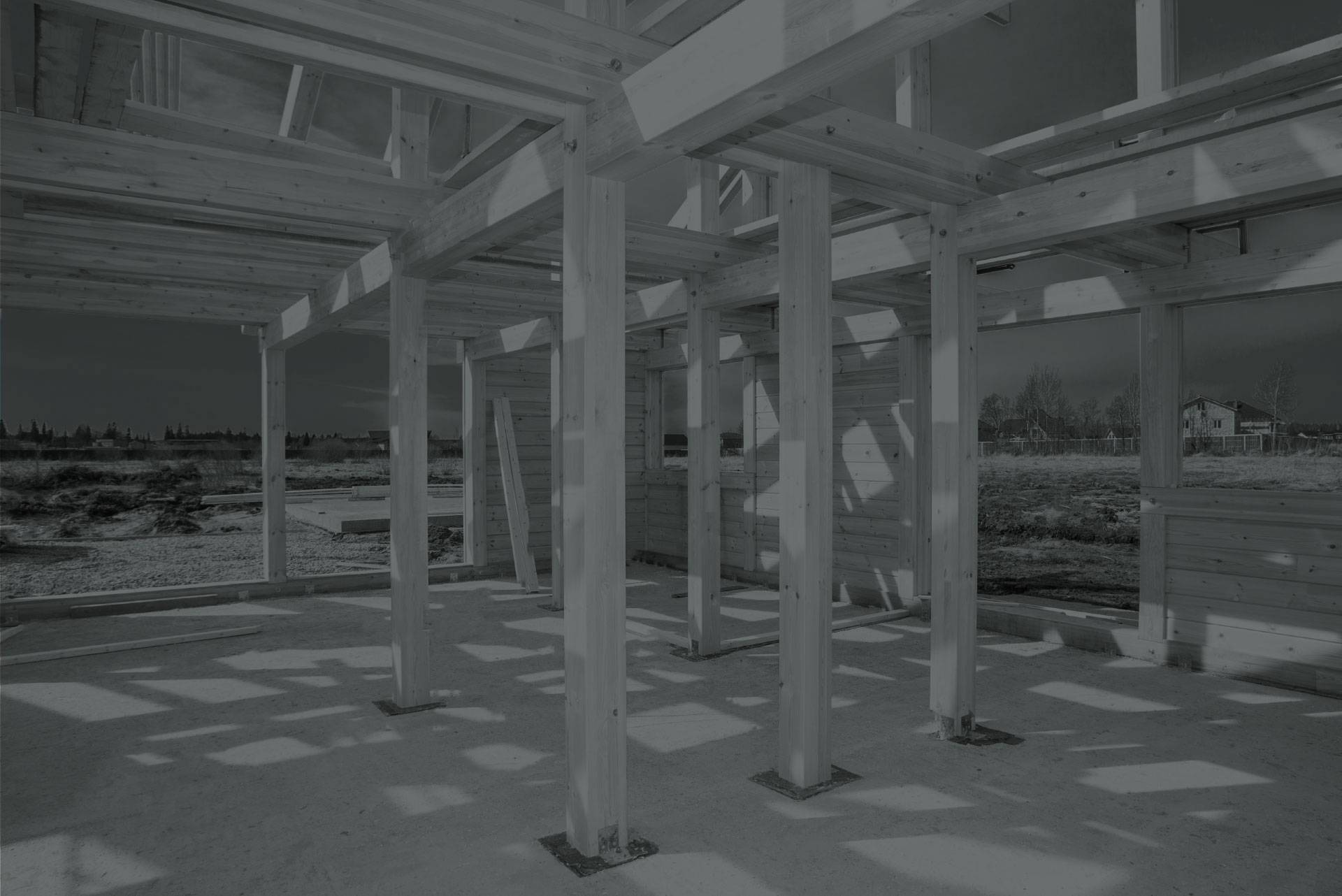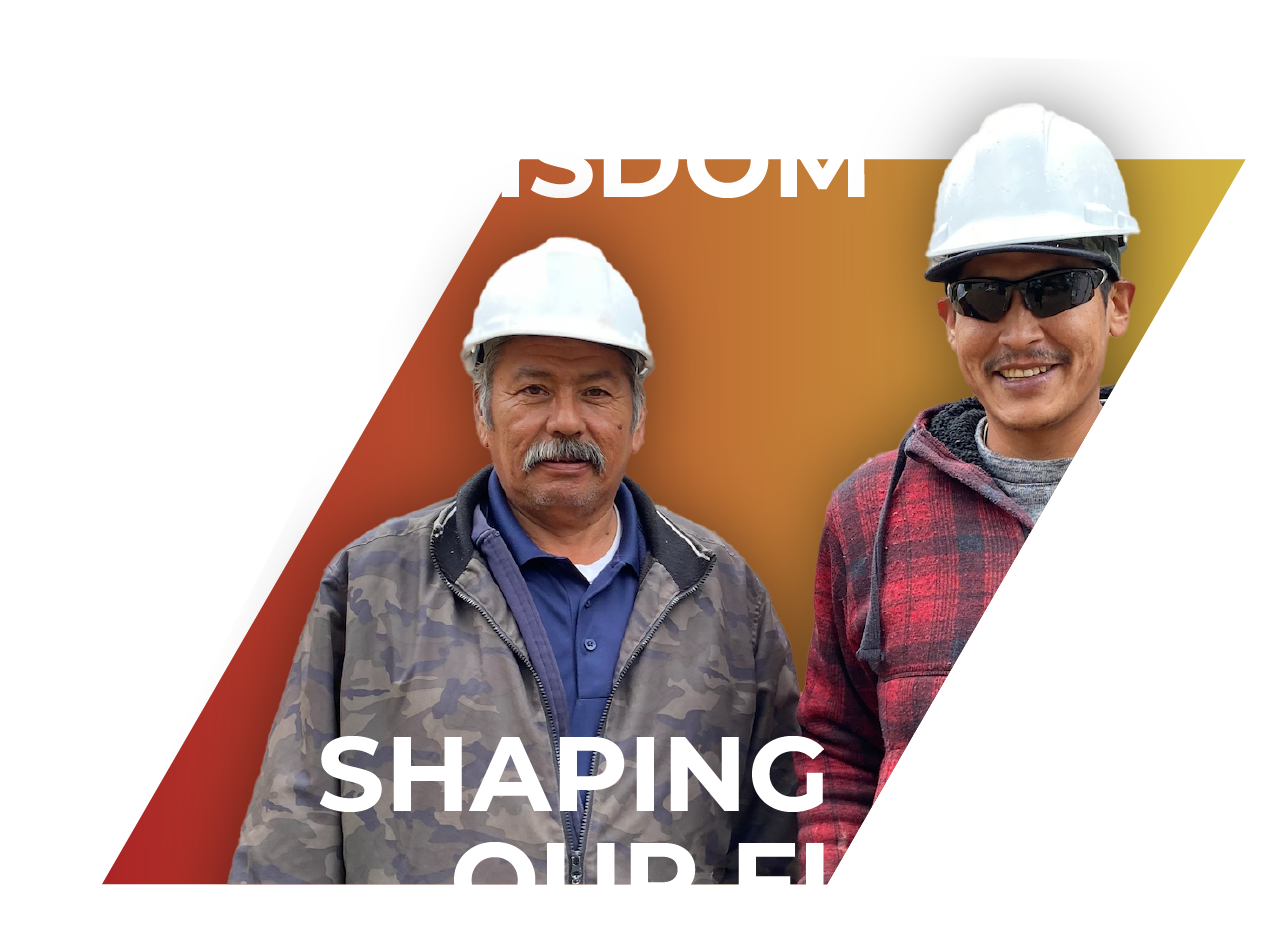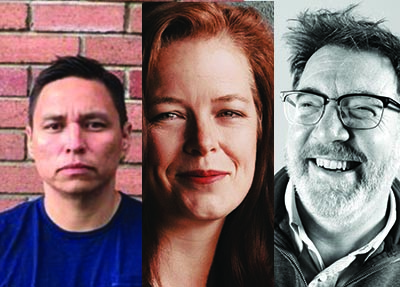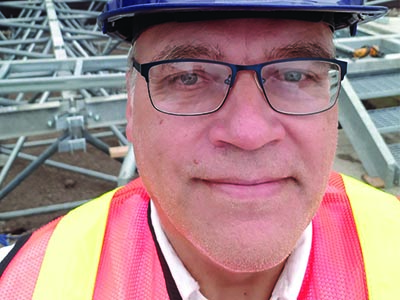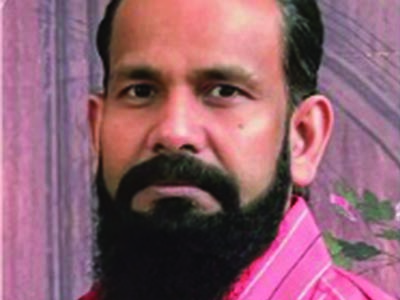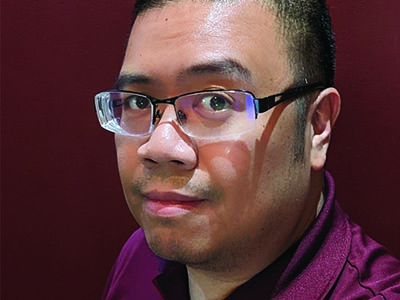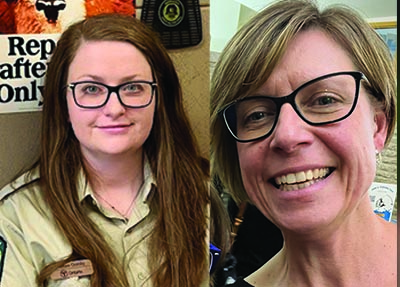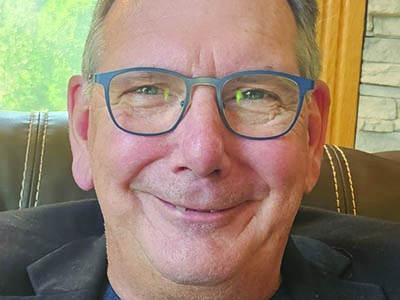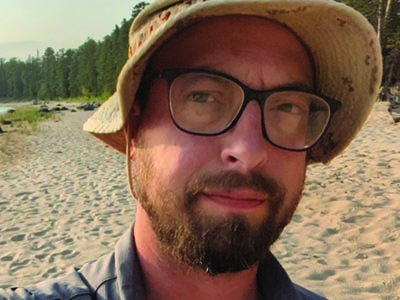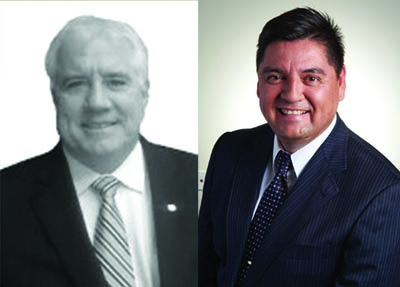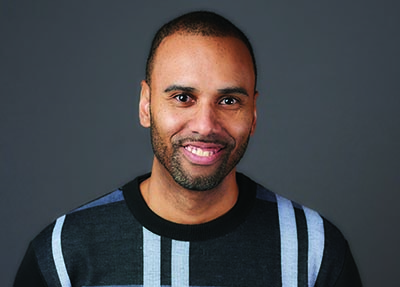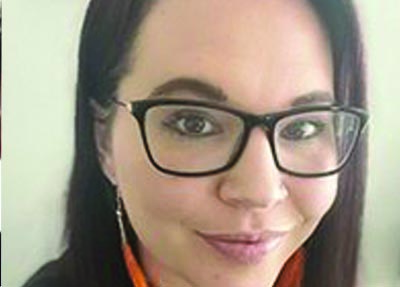Canada's Leading First Nations Housing Conference for 21 Years
ABOUT THE CONFERENCE
The 21st Annual First Nations Housing Conference took place on October 24-26, 2022, at the Valhalla Inn in Thunder Bay, Ontario. The First Nations Housing Conference Community would like to commend funders and sponsors for their continued support and acknowledge the speakers and tradeshow exhibitors that attended and shared their knowledge and expertise. Most importantly, thank you to the delegates that came from across the country to participate in FNHC 2023. The delegates are the reason this Conference has been such a success for the past 21 years! Miigwetch.
Thank you for joining us at the 21st annual First Nations Housing Conference dedicated to building First Nations with us! #FNHC2023


